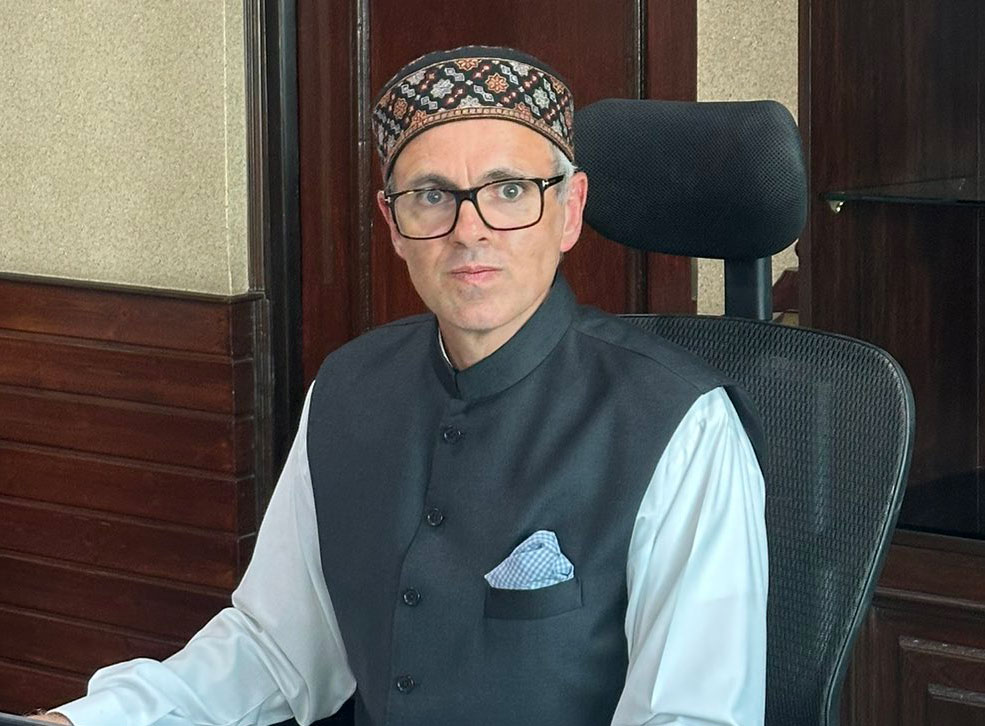In a historic ceremony at the Sher-i-Kashmir International Conference Centre (SKICC) in Srinagar, Omar Abdullah was sworn in as the Chief Minister of Jammu and Kashmir, making him the first to hold the post in the Union Territory configuration established after the revocation of Article 370 in 2019.
The ceremony was attended by key political figures from across the political spectrum, including Rahul Gandhi.
Chief Minister for a second time

Omar Abdullah’s return to the Chief Ministership for the second time also highlights a return to elected governance in the region, which had been under central administration since 2019. His swearing-in was not just a ceremonial event but a restoration of political normalcy following a period of direct rule from New Delhi.
The National Conference, led by Abdullah, managed to secure 42 seats in the recent assembly elections, forming a government with the support of the Congress, which chose to stay out of the cabinet for now, focusing on the demand for restoration of statehood.
Mr. Abdullah, reflecting on his new role, expressed optimism about working towards resolving the myriad challenges facing Jammu and Kashmir, starting with the restoration of its statehood.
Omar Abdullah’s government is poised to navigate delicate issues like statehood, development, and security, aiming to restore confidence in democratic processes. His leadership could be watched closely across India as a test case for governance in regions with unique political histories.
Abdullah aims for an inclusive government
Mr. Abdullah’s selection of Surender Choudhary, a former BJP member, as Deputy Chief Minister aims to represent the interests of Jammu and foster an inclusive government. This choice is being perceived as an olive branch to the Jammu region, ensuring representation and addressing the regional balance in governance.